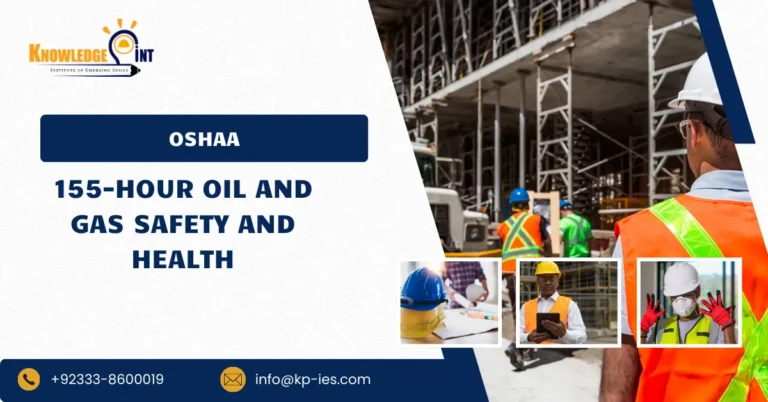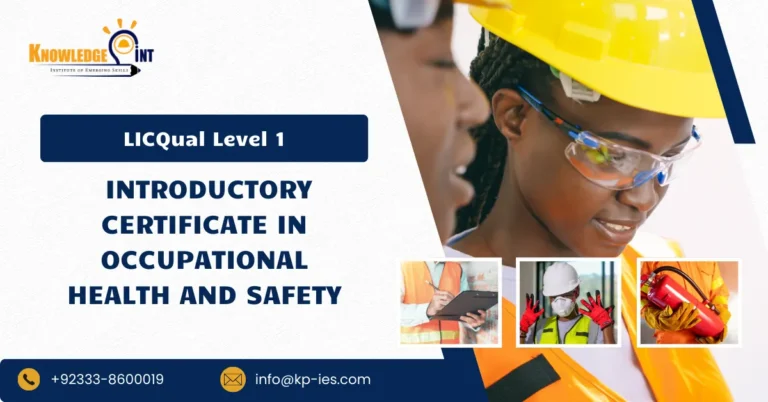LICQual level 3 Diploma
Mechanical Quality Control and Quality Assurance QC/QA
Awarding Body
LICQual
Credits
60 Credits
Course
Quality Assurance / Quality Control
study mode
Online Learning
Course overview
The LICQual Level 3 Diploma in Mechanical Quality Control and Quality Assurance (QC/QA) is a professional qualification designed to equip learners with the essential knowledge and practical skills required to implement and monitor quality control and assurance processes in mechanical engineering environments. The course focuses on developing an understanding of mechanical engineering standards, testing procedures, regulatory compliance, and ethical responsibilities. Learners gain hands-on insight into inspection techniques, defect identification, and quality improvement strategies to ensure safe, reliable, and efficient mechanical operations.
Throughout the programme, learners build practical and analytical skills necessary for mechanical QC/QA roles. Key areas of study include mechanical testing methods, inspection protocols, process auditing, documentation standards, risk assessment, and compliance management. The course also introduces quality management systems, continuous improvement techniques, root cause analysis, and professional reporting practices, enabling learners to maintain high-quality standards and resolve technical and operational challenges effectively.
This diploma is ideal for mechanical engineers, technicians, quality control officers, and professionals responsible for ensuring mechanical project and operational quality. Graduates will be able to manage QC/QA processes, ensure compliance with industry standards, and contribute to continuous improvement initiatives. The qualification also provides a pathway for career progression into supervisory, technical consultancy, or advanced professional roles within mechanical engineering and quality management sectors.

Approved Training centre of LICQual Uk
Centre # : ATC24002

Entry Requirments
Entry Requirements for the LICQual level 3 Diploma in Mechanical Quality Control and Quality Assurance QC/QA:
- Educational Qualifications:A recognised Level 2 or 3 qualification in mechanical engineering, manufacturing, or a related technical field.
- Professional Experience:Relevant experience in mechanical engineering, quality control, or technical inspection roles is recommended.
- English Language Proficiency:Since the program is delivered in English, learners must show competence in reading, writing, and communication.
Course structure
The LICQual level 3 Diploma in Mechanical Quality Control and Quality Assurance QC/QA in Personal Protective Equipment qualification consists of 6 mandatory units.





